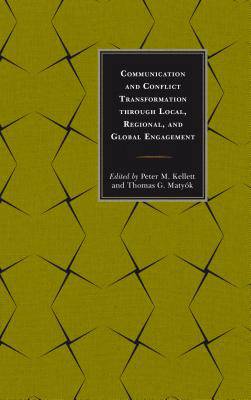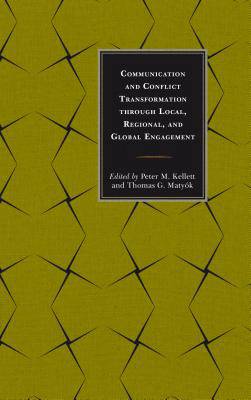
- Afhalen na 1 uur in een winkel met voorraad
- Gratis thuislevering in België vanaf € 30
- Ruim aanbod met 7 miljoen producten
- Afhalen na 1 uur in een winkel met voorraad
- Gratis thuislevering in België vanaf € 30
- Ruim aanbod met 7 miljoen producten
Zoeken
Communication and Conflict Transformation through Local, Regional, and Global Engagement
€ 261,45
+ 522 punten
Omschrijving
This book brings together leading edge scholarship and emerging approaches to conflict transformation from a communication perspective. It illustrates the centrality of communication in analyzing, understanding, and creating transformation in community, environmental, regional, and global conflicts.
Specificaties
Betrokkenen
- Uitgeverij:
Inhoud
- Aantal bladzijden:
- 456
- Taal:
- Engels
- Reeks:
Eigenschappen
- Productcode (EAN):
- 9781498514989
- Verschijningsdatum:
- 13/12/2016
- Uitvoering:
- Hardcover
- Formaat:
- Genaaid
- Afmetingen:
- 155 mm x 231 mm
- Gewicht:
- 839 g

Alleen bij Standaard Boekhandel
+ 522 punten op je klantenkaart van Standaard Boekhandel
Beoordelingen
We publiceren alleen reviews die voldoen aan de voorwaarden voor reviews. Bekijk onze voorwaarden voor reviews.










